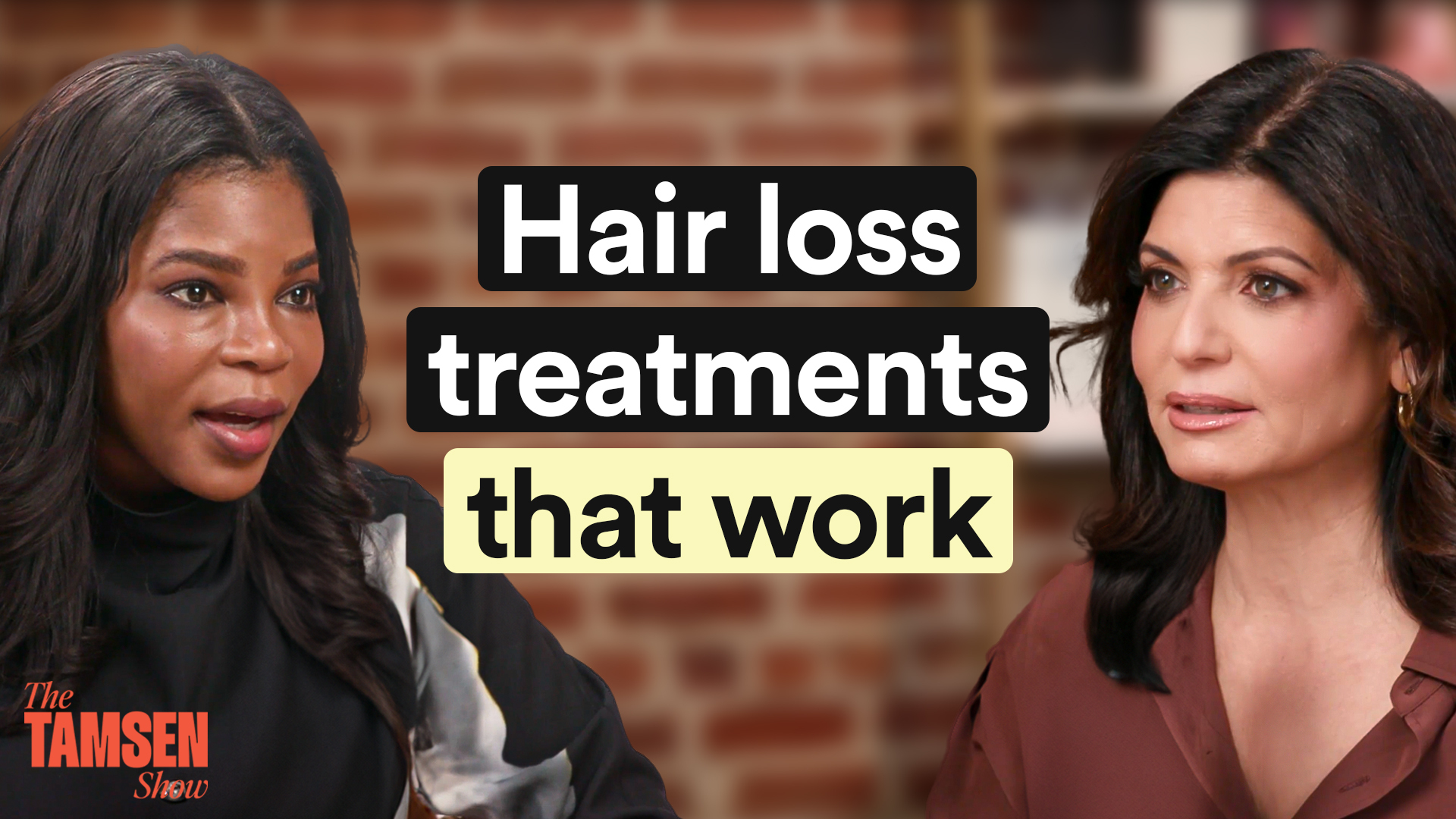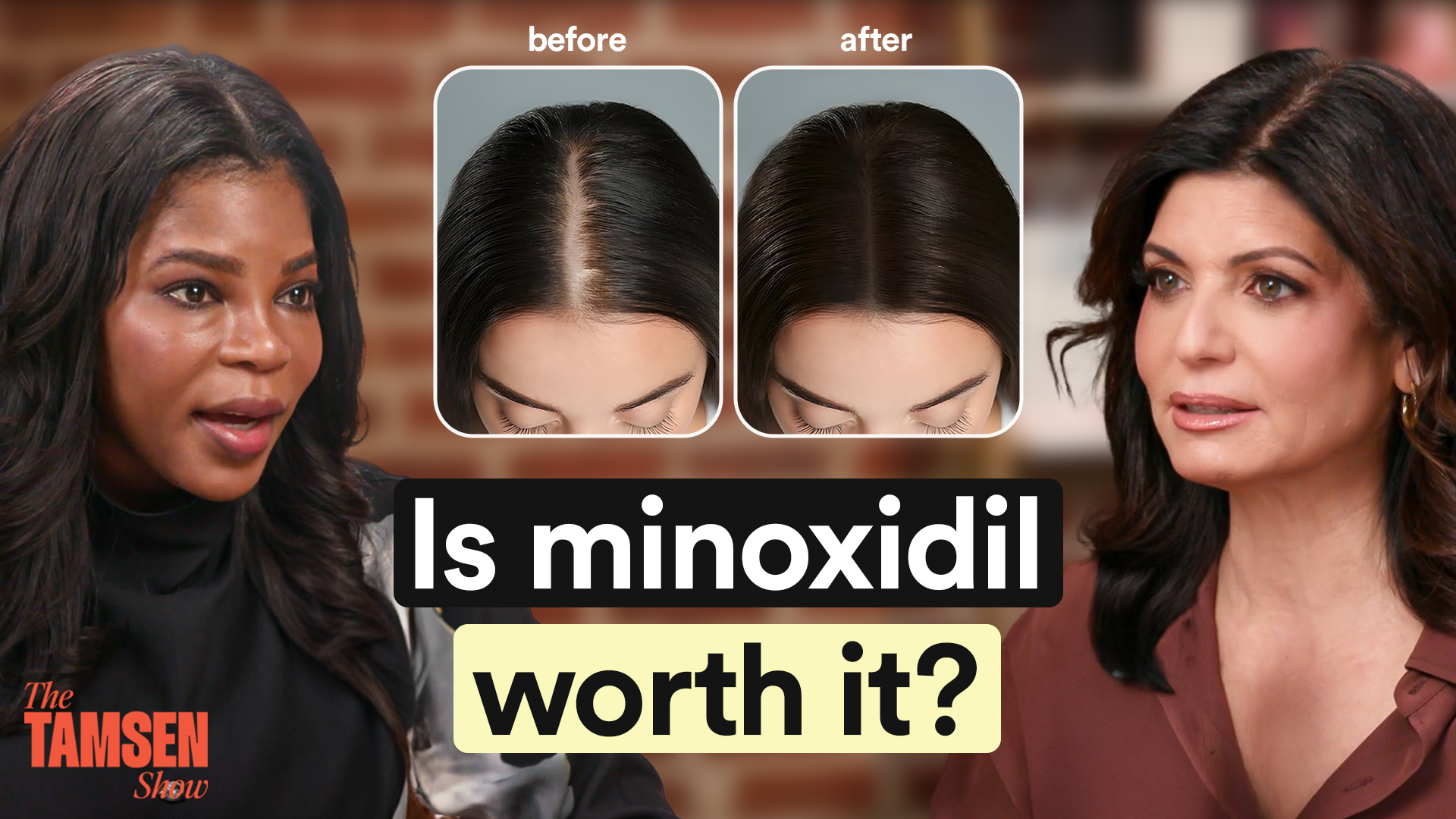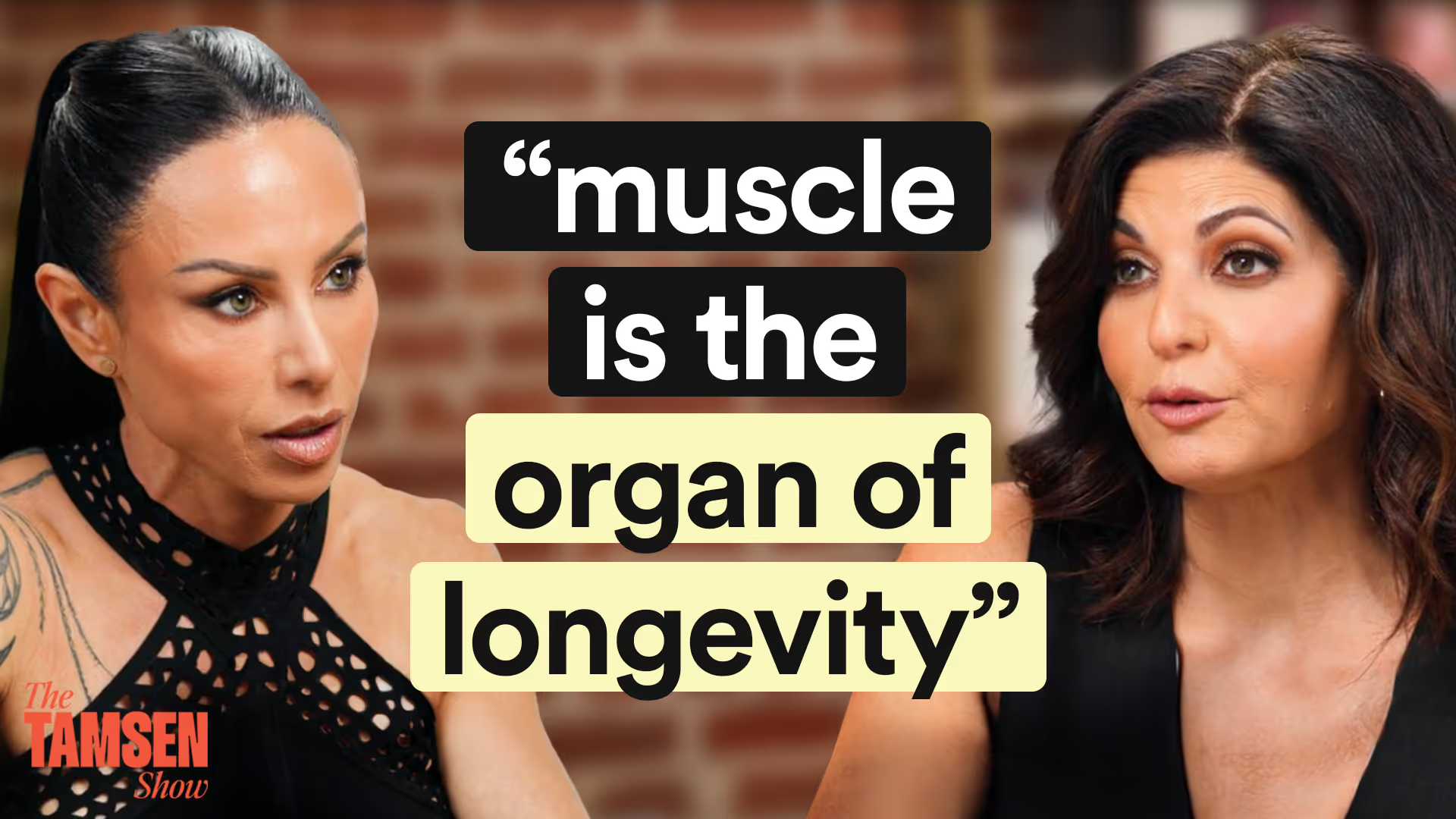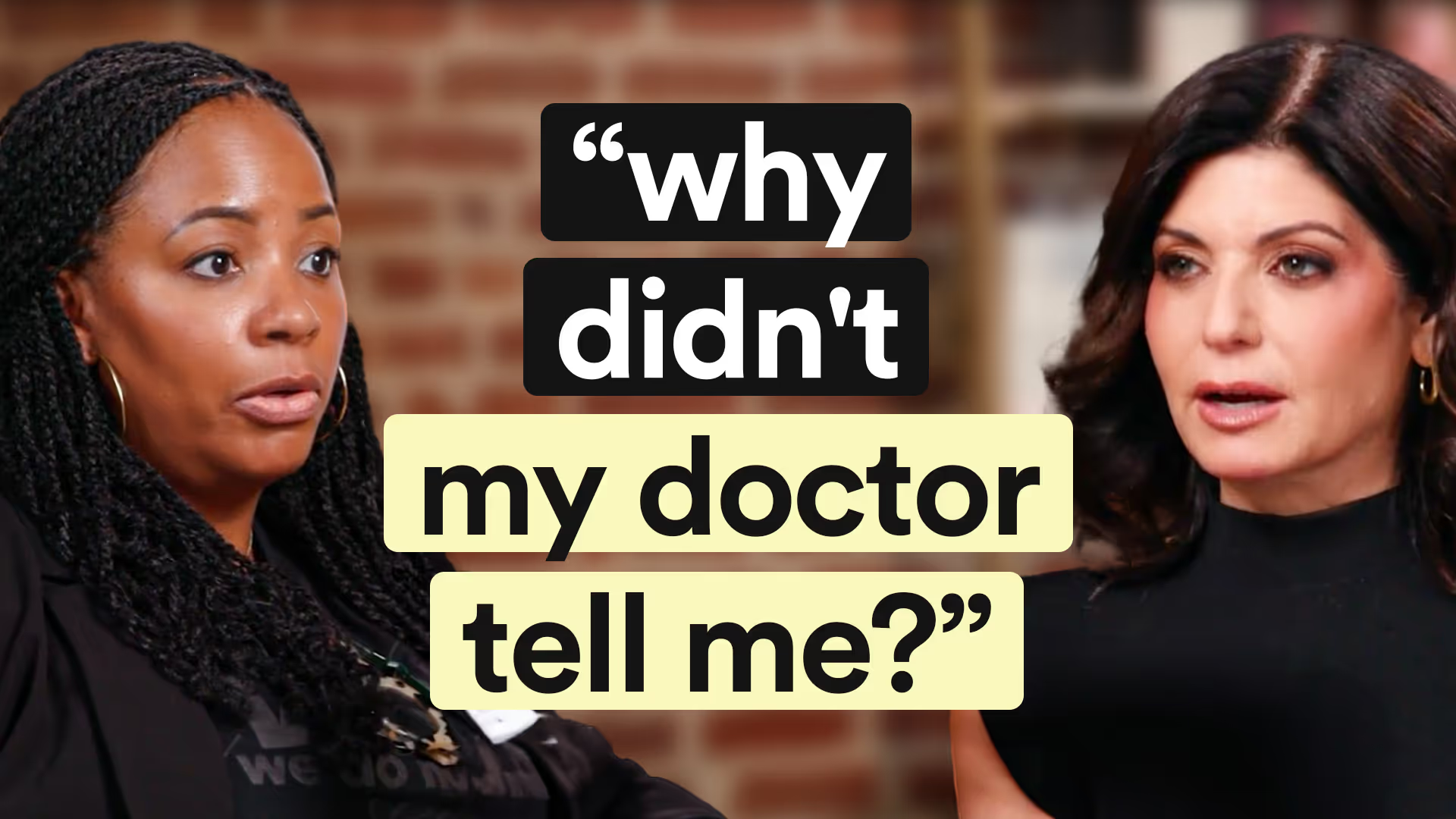Hello everyone, Tamsen Fadal here. In our enlightening Menopause Masterclass, we had the opportunity to dive into how many women face during menopause: sleep disturbances. One of the most asked questions for women in perimenopause and menopause: how can I fall asleep? Dr. Shelby Harris, a renowned sleep expert and Clinical Associate Professor at Einstein Medical School, shared her insights on why sleep is so elusive during menopause and what we can do about it.
Understanding Sleep Struggles in Menopause
Dr. Harris told me menopause brings a 'perfect storm' of biological changes, increased stress, anxiety, depression, and life demands, all of which significantly impact sleep. Many of us juggle multiple roles, including caring for both children and aging parents, alongside our careers, leaving our minds on overdrive and affecting our ability to rest.
Common Sleep Issues: Insomnia and Beyond
The most prevalent sleep disturbance during menopause is insomnia, characterized by difficulty falling asleep, staying asleep, or waking up too early. But that's not all. Dr. Harris highlights other conditions like sleep apnea and restless leg syndrome, which often go undiagnosed in women. These conditions can manifest subtly, like feeling unusually tired or sluggish, and significantly disrupt sleep quality.
The Power of Self-Expertise and Seeking Help
Dr. Harris encourages women to listen to their bodies. If you notice a marked change in your sleep or overall energy levels, it's crucial to speak up and consult a healthcare professional. Seeking help is the first step towards understanding and addressing sleep disturbances.
Practical Tips for Better Sleep
Try for Consistency Over Perfection: Strive for consistent bedtime routines rather than aiming for unattainable perfection. Small, realistic changes can make a significant impact.
Create a Sleep-Inducing Environment: While having a perfectly organized bedroom isn’t necessary, creating a relaxing atmosphere can aid sleep. The bed should be reserved for sleep and intimacy only. If you're unable to sleep, try leaving the bed and engaging in a calm activity until you feel sleepy again.
Limit Your Technology Use: It’s ideal to limit screen time before bed, but if that’s not feasible, try using features like 'Do Not Disturb' to minimize disturbances. Using an alarm clock instead of your phone can also help reduce the temptation to stay up late scrolling through social media or emails.
Consider Non-Medication Approaches First: Dr. Harris suggests exploring evidence-based treatments like cognitive behavior therapy, CBT, for insomnia and relaxation exercises. These can be effective alternatives before considering medication or hormone replacement therapies.
Dr. Harris's key message is empowerment through knowledge and action. Understanding the changes happening in your body and mind during menopause and seeking appropriate help can lead to improved sleep and overall well-being.
For more on Dr. Harris:
Website: www.drshelbyharris.com
Instagram: https://www.instagram.com/sleepdocshelby
TikTok: https://www.tiktok.com/@sleepdocshelby
For more expert advice on managing menopause symptoms and to dive deeper into our Menopause Masterclass series, click here to explore more videos and resources.
Disclaimer: This blog is for educational purposes and is not intended as a substitute for professional medical advice. Always consult with a healthcare provider for personalized medical advice.













